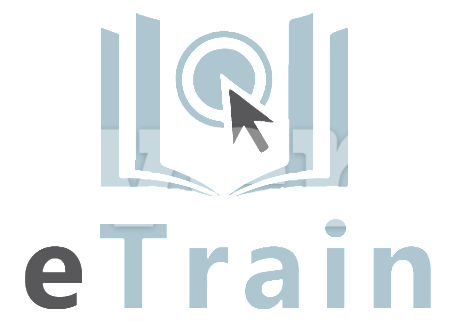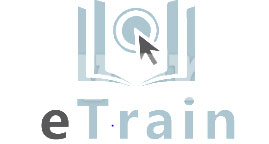Description
Examine online and network security on a detailed scale with our expert CIW Security Associate course. The framework of this course explores essential security principles that every aspiring Firewall Administrator, beginner Network Administrator or even established System Administrator must be able to grasp and practice within the modern work place setting.
Breaching network security and unwanted hacker activity continues to rise as a major trend wherever there is technology paired with mass amounts of protected data. With this in mind, it’s crucial that there is an influx of qualified specialists available to businesses – professionals who are able to counter-act any damage and successfully restore computer systems to ensure these can withstand hacker activity that may occur in the future.
Why not improve your suitability for a role within the competitive IT security market by learning the practical skills you’ll need to be trained up on in order to become a strong contender for any one of the following job opportunities: IT Security Officer, Application Developer, Firewall Administrator, or Network Server Administrator.
For a course that is packed with need-to-know information about web security protocols, this serves an ideal online learning resource for beginners with little IT management knowledge, as well as intermediate level professionals looking to bridge gaps within their existing skill sets. It’s safe to say that any student who embarks upon this course of study is guaranteed to increase their job prospects or business opportunities using the wealth of specialist knowledge that can be learned here.
KEY LEARNING POINTS
This informative course is a voyage of discovery for those who are interested in learning how to closely monitor network and firewall security, along with the best practices to use which are necessary to understand when blocking hacker activity. Throughout the duration of the CIW Security Associate course, students will learn core security principles, including:
Gain an in-depth understanding of how hacker threats occur and learn about which security threats exist.
Discover the high standard of security that is needed for modern businesses to continuously protect valuable company data against unauthorized activity.
Learn how to implement access control lists so you can easily identify who should and shouldn’t be accessing particular networks.
Uncover the most up to date firewall technology and study how to improve operating systems to remove the chance of unwanted hacker activity.
Learn essential information on authentication procedures, encryption standards and actions that help to ensure proper user authentication.
Grasp how to create integrated security policies, along with the most common security principles for both personal and business use.
Master what it takes to respond to and report hacker activity, engage in pro-active detection, and always remain one step ahead when it comes to protecting your company’s needs.
ADVANTAGES OF THIS COURSE
Whether your goal is to progress onto further education, secure a competitive job within the IT security field or protect your business against troublesome hackers, there are endless benefits you will achieve from studying this course. Consider these advantages:
Industry-leading skills which are practical for both business and personal benefit.
Become accustomed with hacker patterns and how to tackle computer threats efficiently.
Add a variety of technical skills to your CV and watch as your job prospects soar!
Learn how to resolve hacker damage and be able to ensure any company networks you deal with are 100% secure.
Train yourself to become a fully-fledged support specialist and contribute towards reducing unauthorized activity in the unpredictable world of cyberspace.
If you’re considering a job in IT security, why not sign up to a course that offers practical knowledge and study a structure that will increase your skill set in the process. Learn at your own pace, on your personal time frame, and from the comfort of wherever suits your needs.
Units of Study
What Is Security?
Elements of Security
Applied Encryption
Types of attacks.
Recent Networking Vulnerability Considerations
General Security Principles
Protocol Layers and Security
Securing Resources
Firewalls and Virtual Private Networks
Levels of Firewall Protection
Detecting and Distracting Hackers
Incident Response







Reviews
There are no reviews yet.